
Hands- on From the Start.
CHOOSE THE MD PATH AT ROSS MED
Choose the MD Path at Ross Med
Complete this form to request more information.
Your path to becoming a physician starts in:
DAYS
HOURS
MINS
SECS.
Apply now to start earning your MD in our upcoming {{:startMonth}} term!
START STRONG. PURSUE YOUR MD JOURNEY AT ROSS MED
- US modeled complete organ systems-based curriculum allows you to address the processes of health and disease holistically. Learn how the physiological, anatomical, and biochemical processes of each organ system work together simultaneously, providing you with an integrated view of human health in biomedical, clinical and community health contexts.
- A dynamic cross-cultural medical school opportunity with hands-on experiences caring for patients alongside physicians outside of the classroom, and across the Barbados community within weeks as an MD student.
- A curriculum that will prepare you to be practice-ready in the U.S., Canada, and Puerto Rico.
- Diverse career options. In 2023, over half of our graduates attained residencies in 7 primary care specialties, while others pursued specialties across 18 non-primary care disciplines.

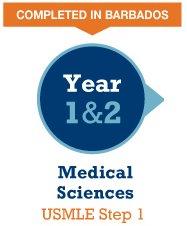
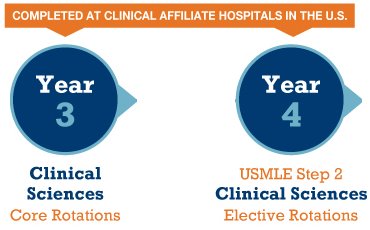
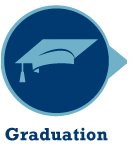
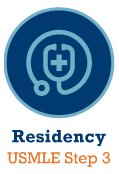
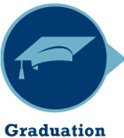
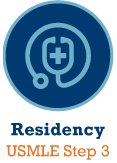
MD VS. DO: How does an MD differ from a DO?
While the decision is highly personal, there are several factors that could help determine which path you wish to pursue:
- MD and DO curriculums are similar. Both MDs and DOs follow a four-year curriculum. In the first two years, students learn about the human body, diseases, treatments and how to examine a patient. Clinical experience (rotations) occurs during the third and fourth years. DO programs have additional curriculum hours in musculoskeletal/holistic care.
- DOs tend to pursue primary care and more MDs tend to go into specialized fields
- A DO degree may have limited international recognition and opportunities to practice outside of the U.S. may be narrowed.
- MDs practice an allopathic approach to care. An allopathic physician focuses on contemporary, research-based medicine, and often uses medications or surgery to treat and manage symptoms.
- An osteopathic doctor focuses on the whole body, with DOs often focusing on preventive care.
_1.jpg?v=08252021202712)
No matter which path you choose to take, you should consider the school and curriculum that best suits you.
Global Perspective, Local Impact: Clinical Return Home Offer
*There is a limited number of guaranteed spots available at each site per term, and Ross Med cannot guarantee that all eligible students will be placed at the designated site in their home area. In addition to applying to Ross Med, being accepted, and paying the seat deposit before guaranteed clerkship seats are filled, students must meet all eligibility requirements listed below. Ross Med offers three start dates per year in {{:threeStartDates}}. New seats will become available for each start. An applicant may have the option to choose a later start if spots have been filled.
Benefits of Pursuing Your MD at Ross Med
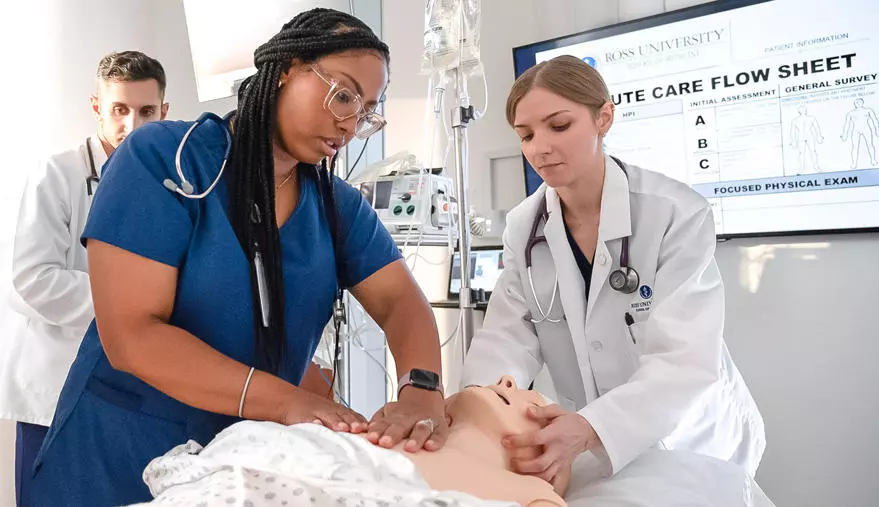
- Modern, technologically advanced classrooms, laboratories, simulation centers, and study areas
- Early hands-on clinical experiences that will carry over to you professionally working with patients
- A variety of teaching methods including lectures, laboratories, case-based seminars, team-based learning, and early community-based clinical opportunities
- Personalized student supports with your success in mind-from your first day through residency
- A diverse community, with dedicated, caring faculty and students from all over the globe
0%
RUSM students’ five-year cumulative first-time pass rate for the USMLE® Step 1 exam is 86.8% from 2019-2023.*
*First-time pass rate is the number of students passing the USMLE Step 1 exam on the first attempt divided by the number of students whose first attempt was in 2019-2023. In order to sit for the USMLE Step 1 exam students must successfully complete the Medical Sciences curriculum and earn a satisfactory score on the NBME CBSE exam as listed in the student handbook.
0%
RUSM students' five-year cumulative first-time pass rate for the USMLE® Step 2 CK exam is 93.6% from 2019-2023.*
*First-time pass rate is the number of students passing the USMLE Step 2 CK exam on the first attempt divided by the number of students whose first attempt was in 2019-2023. In order to sit for the exam students must earn an acceptable score on the NBME CCSE as listed in the catalog.
0%
98% first-time residency attainment rate for 2023-2024 graduates**
**First-time residency attainment rate is the percent of students attaining a 2024-25 residency position out of all graduates or expected graduates in 2023-24 who were active applicants in the 2024 NRMP match or who attained a residency position outside the NRMP match.
By comparison, 28% of active U.S. physicians with MDs practice in primary care specialties: 11% are family physicians or in general practice, 10.4% are internists and 6.8% are pediatricians. This data comes from the Association of American Medical Colleges.
$100M+
15,000+ alumni
25
Why Wait? 3 Flexible Start Dates
Upcoming Start Dates
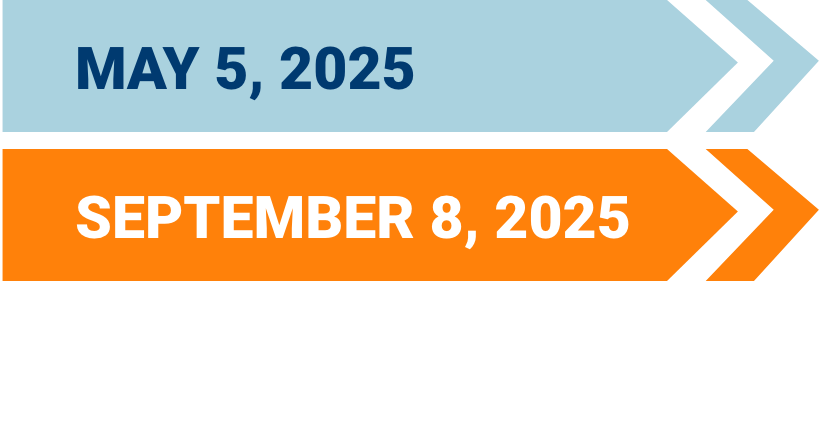
Our Accreditation Makes It Possible
Frequently Asked Questions
As a prospective undergraduate, you should:
- Complete a bachelor’s degree with a strong emphasis on coursework including chemistry, biology and physics
- Take the MCAT (Medical College Admission Test), and
- Gain additional experience through work/volunteer experiences and related extracurricular activities
Most allopathic (MD) and osteopathic (DO) programs feature:
- Competitive admissions process
- Four years of didactic and clinical training, followed by residencies
- Similar coursework including anatomy, physiology, pathology, pharmacology and more.
What are MD and DO licensing requirements? The licensing requirements for MDs and DOs are the same:
- Both can prescribe medication
- Both can practice in all 50 U.S. states
- Both can pursue all medical specialties
In addition to receiving the same medical training as other physicians, osteopathic medical students are trained in osteopathic principles and practice and receive 200+ hours of osteopathic manipulative medicine (OMM).
Applying to Caribbean medical schools is very similar to a U.S. medical school. At Ross Med, our Admissions team looks at a variety of factors when reviewing your application to medical school, including:
- Academic achievement (GPA and MCAT score)
- Course Requirements – The minimum prerequisite requirements are:
- Inorganic or General Chemistry: Two semesters (eight semester hours) with laboratories
- Organic Chemistry: Two semesters (eight semester hours) with laboratories
- General Biology or Zoology: Two semesters of biology or zoology with laboratories
- Physics: One semester (four semester hours) with laboratory
- Mathematics: One semester of college-level mathematics (three semester hours), preferably calculus or statistics
- English: Two semesters (six semester hours)
- Canadian students may satisfy the English requirements in 3 possible ways: (1) 2 semesters of University humanities where essays composed at least 40% of the overall mark, (2) International Baccalaureate English and (3) Advanced Placement English.
- Extracurriculars, including clinical experience, community service, and/or involvement in clubs or other organizations
- Personal qualities, such as compassion and leadership
As medical school admissions criteria may vary slightly, it is important for applicants to become knowledgeable about each institution’s requirements prior to applying.
A full list of Ross Med’s application requirements can be found here.
 Opens in a new window.
Opens in a new window.* Ross University School of Medicine is an accredited medical school, determined by the Caribbean Accreditation Authority for Education in Medicine and other Health Professions (CAAM-HP, www.caam-hp.org). CAAM-HP is the legally constituted body established in 2003 under the aegis of the Caribbean Community (CARICOM), empowered to determine and prescribe standards and to accredit programs of medical, dental, veterinary and other health professions education on behalf of the contracting parties in CARICOM.
Accreditation by CAAM-HP is a rigorous, peer review process which examines all aspects of a medical program. The CAAM-HP board, an independent and autonomous body of professionals, only certifies medical schools which are operating at the highest levels of industry standards.
Through this accreditation, the CAAM-HP provides assurance to medical students, graduates, the medical profession, healthcare institutions and the public that programs leading to qualifications in medicine meet appropriate national and international standards for educational quality, and that the graduates have a sufficiently complete and valid educational experience.